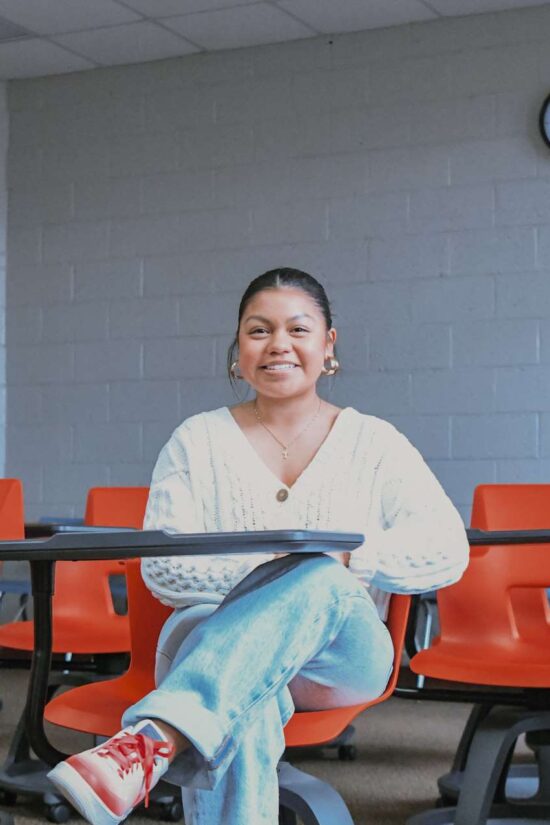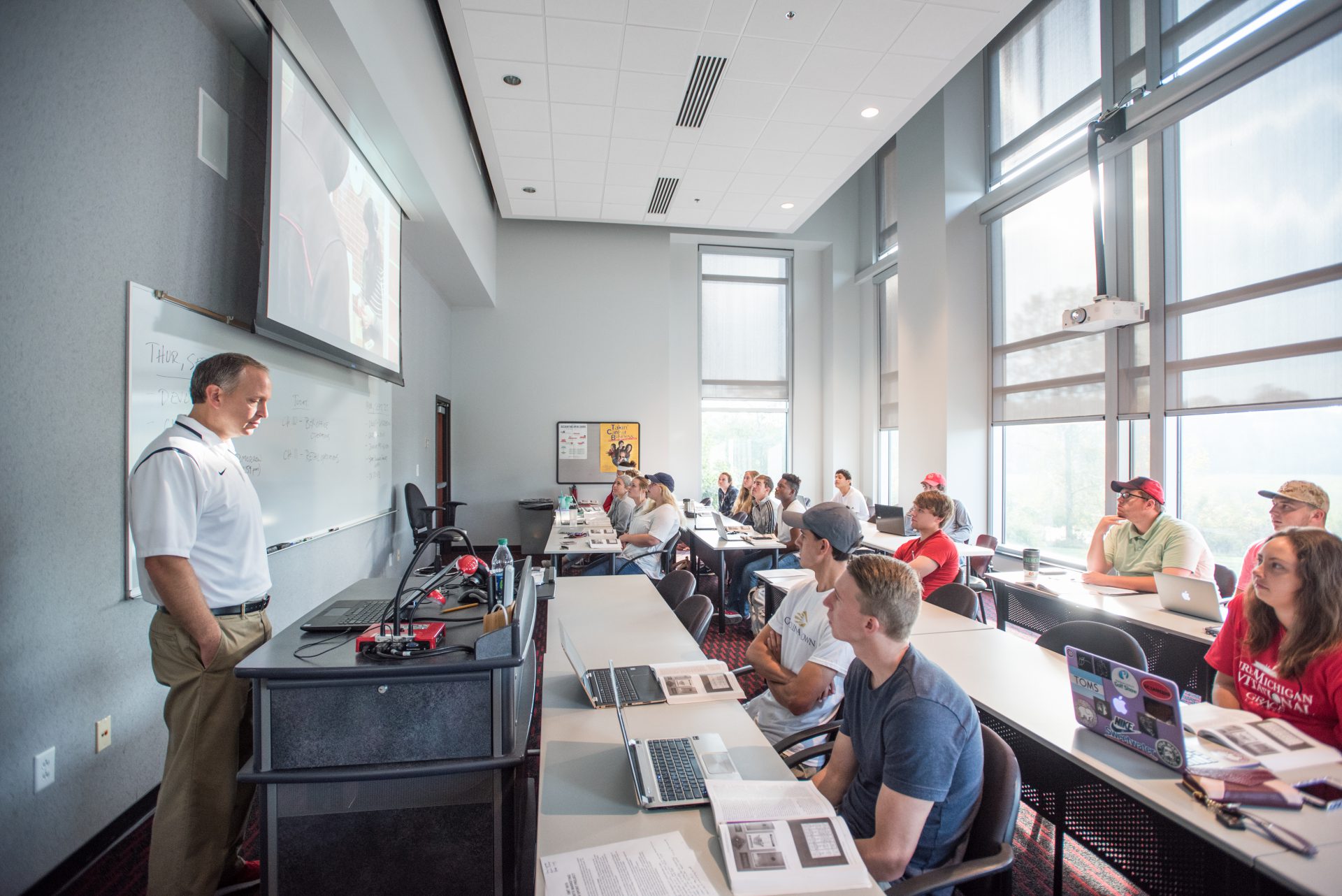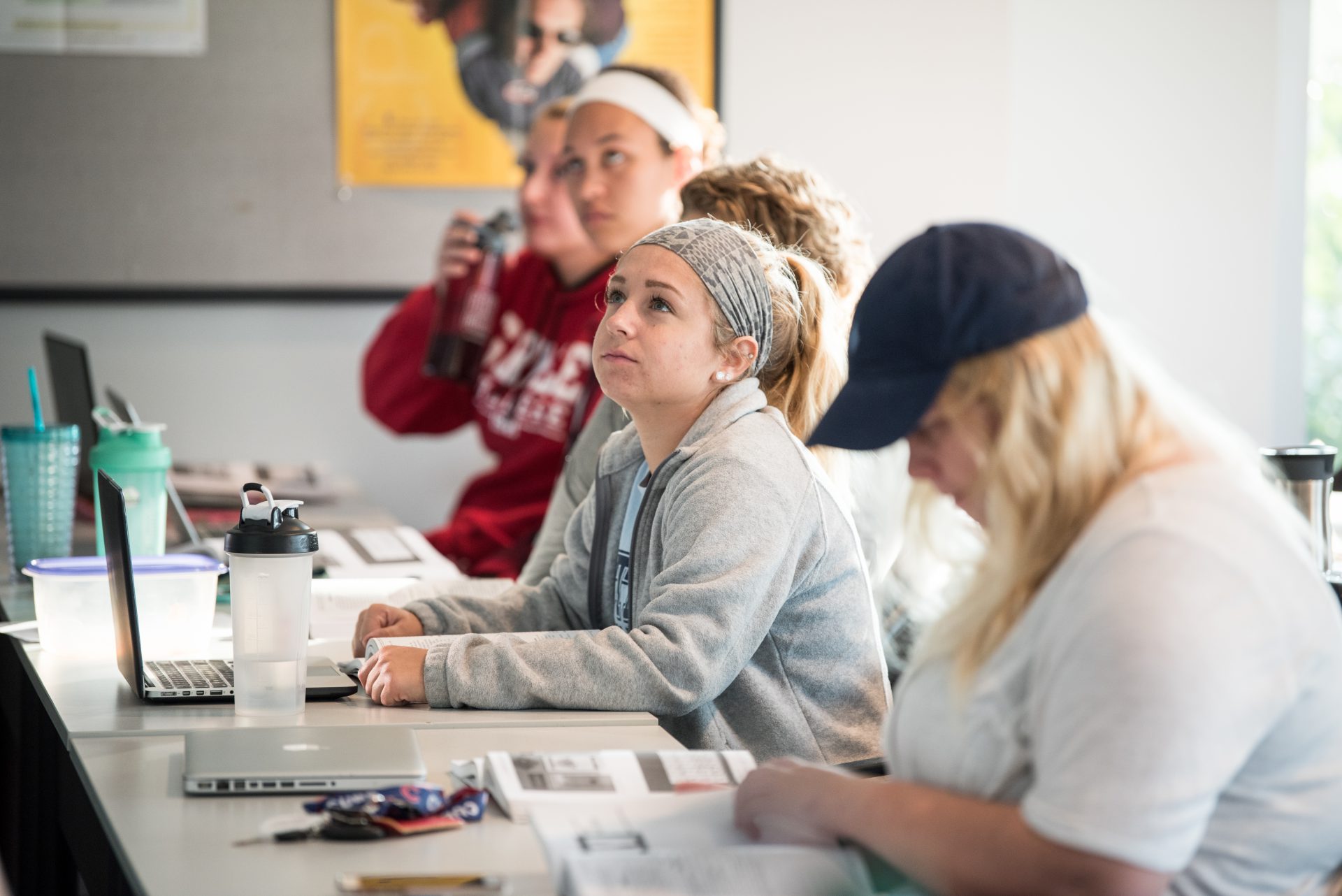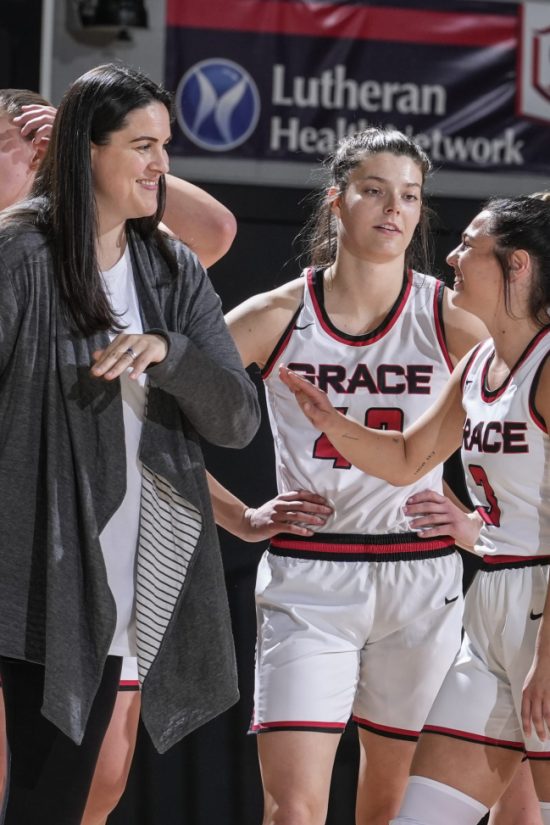With a sport psychology major at Grace College, you’ll learn to bring psychology into the world of athletics, working with athletes to maintain their performance and wellbeing.
Our psychology program finds its foundation in God’s Word, especially in our belief that all humans are made in the image of God. Psychology helps us understand the burnout and breakdowns athletes may face, and it allows us to come alongside them in their personal and professional growth.
As a sport psychology major, you can expect interactive, group-based classes, in which you’ll discuss assigned readings and collaborate to find practical approaches to real-life scenarios. You’ll explore what past research and case studies have concluded, what your professors have seen as experienced practitioners, and which techniques experts use today.
You’ll take both behavioral science core and major-specific courses. Your core classes will introduce you to the foundations of counseling, criminal justice, and behavioral science research.
With a sports psychology concentration, you’ll learn to apply psychology study to athletics, taking courses in fields such as kinesiology, nutrition, health psychology, and motivation. If you’re interested in working with athletes to maintain their mental wellbeing, this may be the concentration for you.
The sport psychology major culminates in a practicum or internship. Because of the great demand for psychology work in the Kosciusko County area, you’ll work in a setting that best matches your career goals. Students have interned for sports leagues, sports academies, athletic centers, inpatient and outpatient mental health units, hospitals, nonprofits, corporate settings, and government positions.
Once you graduate with a sport psychology degree, you’ll be prepared to use your psychological training in the world of sports, not to mention a variety of other fields. Graduates have gone on to work for athletic teams, schools and universities, hospitals, inpatient mental health units, addiction recovery organizations, youth and family providers, the Department of Child Services, nonprofits, shelters, and schools.










